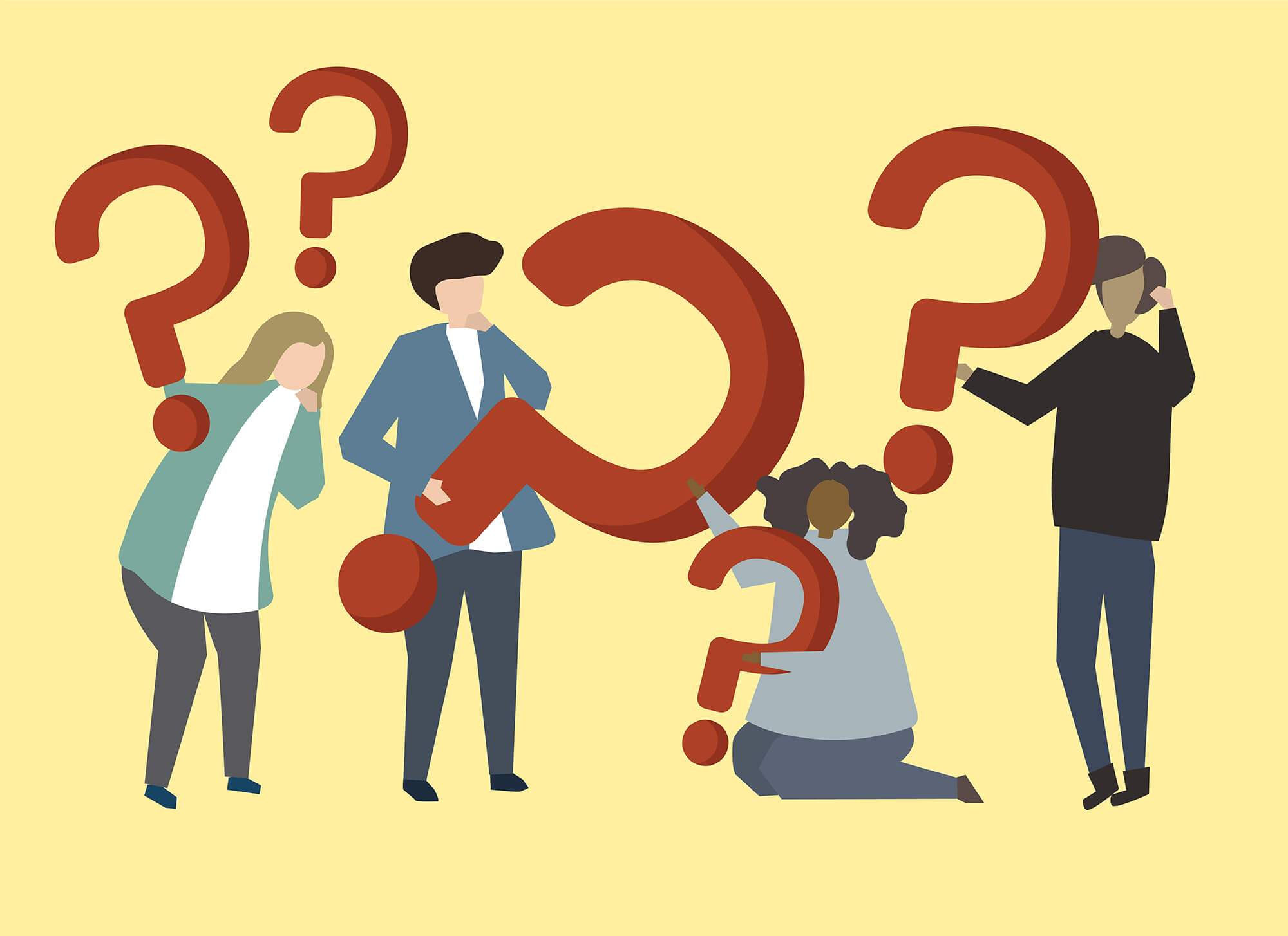Sleep: The Ultimate Addition to a Man’s Health, Fitness & Sex Life
June brings summer weather, but it’s also National Men’s Health Month, and we’re giving you guys some knowledge you may not know you needed. You might underestimate the importance of sleep, not quite recognizing how critical it is to strength, health, and overall well-being. You may make time for fitness, but frequently overlook your own rest each night.
According to the National Sleep Foundation, men ages 24-64 should aim for 7-9 hours of sleep -- and men are getting nowhere near that. Read More: How Much Sleep is Really Enough For You?
Forty percent get less than the recommended amount of sleep, and 16% of men report struggling with sleep at least once a week (Are you getting enough sleep? Read More: 5 Telltale Signs You’re Not Getting Enough Sleep).
Sleep or Exercise? Do Both!
Exercise impacts sleep for the better. According to the National Center for Biotechnology Information, physical activity creates more adenosine in the brain, promoting sleep. Adenosine is a compound that is present in all cells of the body and promotes sleep and suppresses arousal. It makes us feel sleepy. When awake, levels of adenosine in the brain rise each hour.
So how does sleep affect fitness? Sleep is the muscle-building supplement missing from most men’s fitness regimen. It’s crucial for recovery from strength training and helps to repair muscles after a workout. Let’s take a look at how that connection works.
Your Muscles on Sleep
Your sleep cycle fluctuates between non-REM (Non-Rapid Eye Movement) and REM (Rapid Eye Movement) sleep every 90 minutes.
- Stage 1 is when you first start to doze off and can be easily woken. Brain wave patterns in this stage are associated with muscle memory and storing movements learned during the day. All that focus on form and reps pays off here!
- Stage 2 of the sleep cycle is when you fall into a light sleep and your brain activity begins to slow. The body relaxes in preparation for a deep sleep and starts to produce human growth hormone (HGH), which increases the growth of muscle tissue and regulates the body’s metabolism. Not only does HGH produce bigger muscles, but it promotes fat loss while helping to boost the immune system.
- Stage 3is the most restorative level of the sleep cycle. Blood supply to the muscles increases, more HGH is released, and most growth and repair occurs at this time. The growth hormone flooding the body helps the muscles recover and gain back energy while supporting immunity and metabolism. The joint recovery hormone prolactin is also released during stage 3 sleep, and acts as an anti-inflammatory agent.
- Stage 4 is the REM phase when brain activity resumes. During this phase, your muscles are supplied with extra oxygen to break down lactic acid, repairing muscular tears.
Sleep Tips to Maximize Your Fitness
- Avoid caffeine: Pass on such stimulants like coffee, energy drinks, and soda. If you choose to consume these, limit them to early in the day.
- Don’t eat too late: Be sure to give your body time to digest after eating large meals. Try eating your dinner earlier in the evening.
- Move your body: Schedule regular exercise to help improve your sleep. Any movement during the daytime is good, but it’s even better for your body to get regular, moderate exercise even a few days a week. Don’t work out too close to your bedtime, and give yourself a few hours after working out to relax before bed.
- Get some light: If the weather permits, workout outdoors, as exposure to natural light during the day helps keep your body in sync with our natural sleep rhythms.
Sleep & Diet
Missing out on quality sleep can increase your appetite and hunger. It can elevate the body’s concentrations of the appetite-stimulating hormone ghrelin and decrease the levels of the satiety hormone leptin. This can make weight management much harder than it should be.
Read more: Foods & Supplements That Help You Sleep Better.
Sleep & Sex
A new study demonstrates a link between poor sleep quality and erectile dysfunction. Scientists looked at the relationship between sleep quality and erectile function in a group of 377 men, with an average age of 46. They found that as men’s sleep quality decreased, so did erectile function.
This isn’t the first evidence of a relationship between sleep and ED. There’s actually a pretty significant body of research connecting several different sleep problems to erectile dysfunction.
Read More: Poor Sleep & Snoring Compromise Men's Sexual Health
If snoring is impacting your sleep (40% of adult men report being habitual snorers), we’ve got you covered with our ZQuiet snoring solutions.


